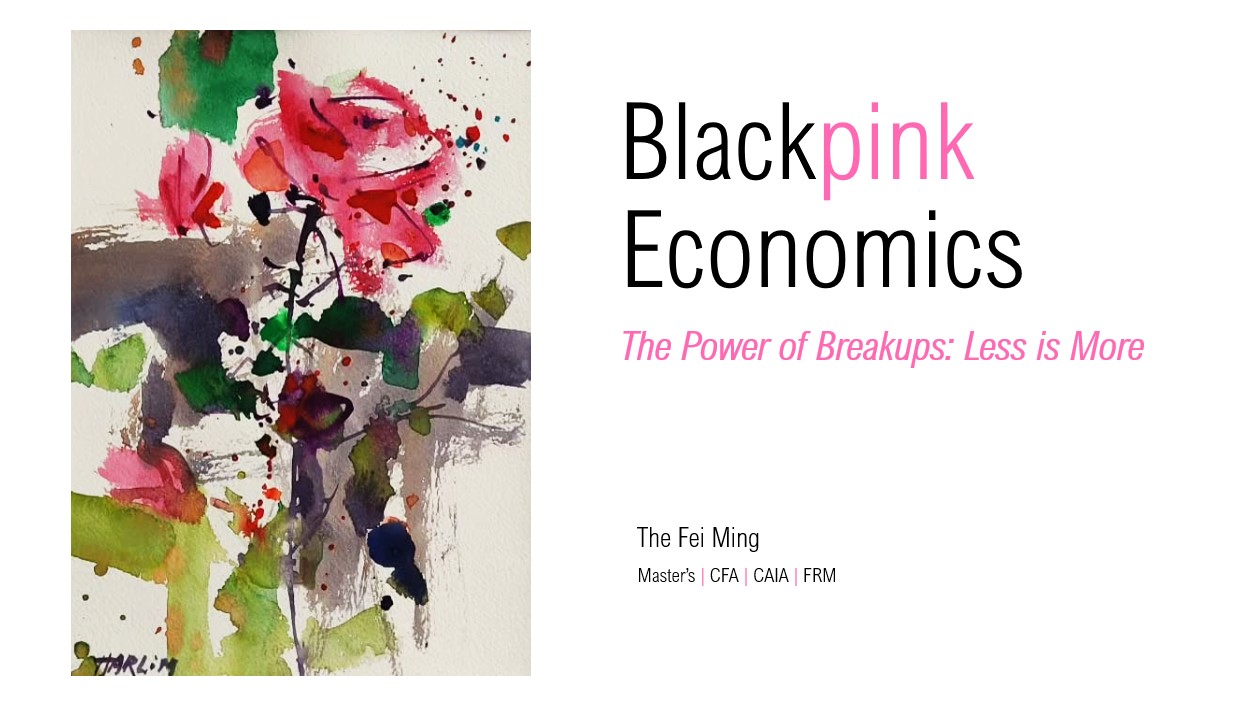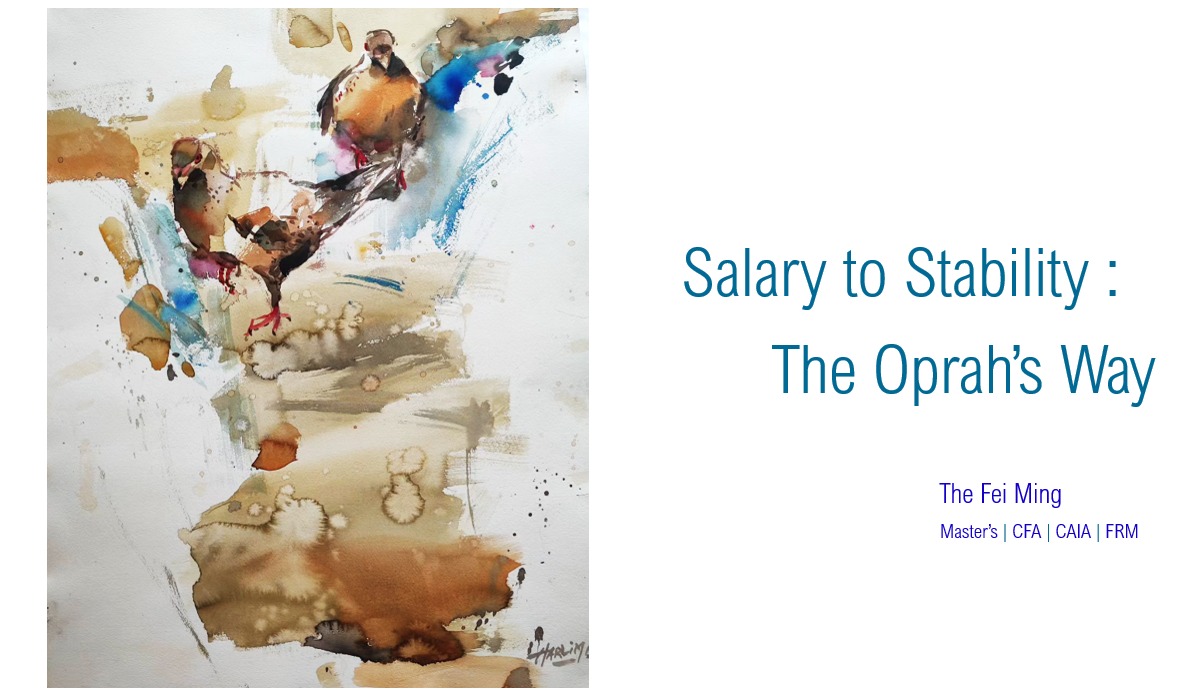Credit Suisse - The Cost of Mistake

“Mea culpa,” my boss said, conceding he had ignored my warning about a low-return project. His apology came too late -- hidden costs had already eroded its value.
Apologies matter. But not all apologies are created equal. In China, a bowed head and kòu tóu express repentance; in Japan, ojigi serves as both formality and atonement. The word “sorry,” like “thank you” and “I love you,” carries immense emotional currency. It can disarm anger, rebuild trust, and renew relationships.
Yet some transgressions exceed what even the sincerest apology can repair. So, it was with Credit Suisse -- a slow-motion implosion shaped not by a single poor decision, but by an entire cultural architecture.
Culture. Organizations, like individuals, possess a soul. Their behavior -- what we call organizational culture -- is not merely a byproduct of process, but the compounded effect of leadership mindset, incentives, and habit. At Credit Suisse, that mindset became singularly focused: profit, at any cost.
That ethos, over the years, bred a culture of excess. Risk discipline deteriorated. Oversight became symbolic. This environment enabled reckless exposures like Greensill’s opaque supply chain financing and Archegos’ leveraged swap trades --both catastrophic, both predictable.
Leadership Sets the Tone. Leadership bears primary responsibility. Culture is top-down, not bottom-up. When arrogance is rewarded and caution dismissed, even the smartest people in the room become dangerous. It happened at Lehman. At Bear Stearns. And now, at Credit Suisse.
Caput. The most lethal risks in finance aren’t always black swans -- they’re the known unknowns. Excessive leverage, complex instruments, and governance red flags are not hidden—they’re ignored.
As Buffett famously observed, “Only when the tide goes out do you discover who’s been swimming naked.” In tight liquidity environments, organizations built on weak cultural foundations are the first to break.
Careful due diligence can reveal technical risks. But the harder task is judging leadership’s ability not just to grow earnings, but to preserve trust. In Credit Suisse’s case, trust -- earned over 167 years -- evaporated in less than 18 months.
Consolidation. UBS’s emergency takeover of Credit Suisse echoes JPMorgan’s swift rescue of Bear Stearns in 2008. But consolidation isn’t always a solution -- it can be a containment. Merging a “bad bank” with a “good bank” risks not just dilution, but contamination.
In distressed M&A, the hardest part isn’t valuation -- it’s value. Credit Suisse’s final sale price -- 6% of book -- may still prove too high if the liabilities buried in the footnotes outweigh any remaining goodwill. Skeletons don’t show up in discounted cash flows.
Fire sales may tempt opportunists. But a bargain without substance is not accretive -- it’s radioactive.
Conclusion. Ultimately, decay begins long before demise. Culture is not soft -- it’s structural. A strong culture protects organizations from hubris, short-termism, and the predatory forces that emerge when credibility collapses.
Culture saves the future from the vulture. For Credit Suisse, that truth arrived too late. For others, it should arrive now.





